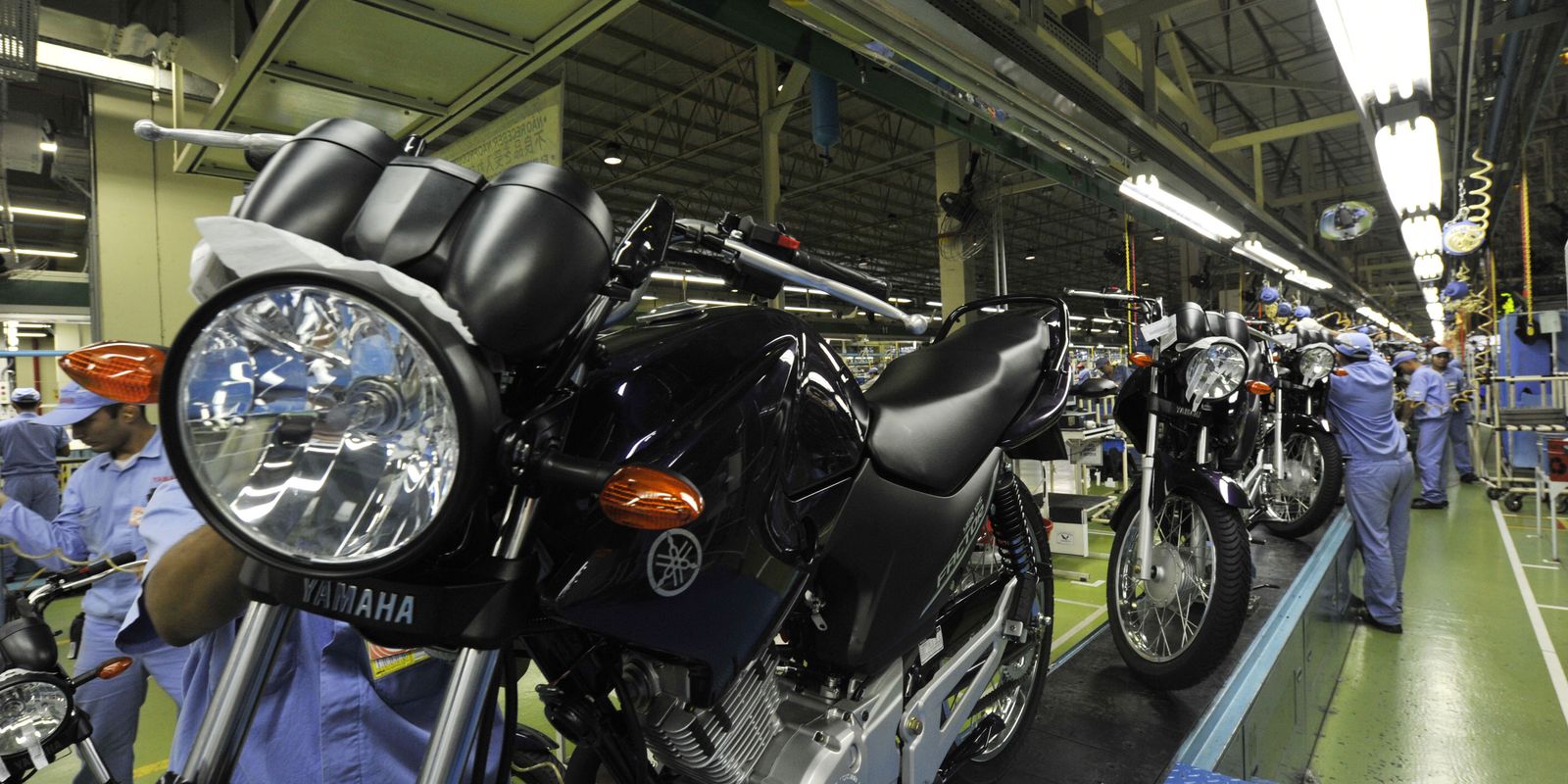Motorcycle production increased by 11.1% in 2024, compared to the previous year, with a total of 1,748,317 units. According to the Brazilian Association of Manufacturers of Motorcycles, Mopeds, Mopeds, Bicycles and Similar (Abraciclo), when releasing the data this Tuesday (14). The volume represents the best performance for the segment in 14 years.
“Even in the face of a very challenging year, where we had to overcome the problem of drought, the sector’s growth exceeded double digits. This result was thanks to good industry planning that allowed the assembly lines to maintain their production pace”, stated the entity’s president, Marcos Bento.
According to the balance sheet, at retail, sales totaled 1,876,427 units, an increase of 18.6% compared to the previous year. The volume was the best result achieved since 2011. In relation to exports, Abraciclo members shipped 30,986 motorcycles, a decrease of 5.9% compared to the previous year.
Results in December
In the last month of 2024, 123,944 motorcycles left the assembly lines, an increase of 5% compared to the same month in 2023 and 15.1% lower compared to November. According to Abraciclo, this was the best result for the month since 2008.
Registrations totaled 151,948 units, representing 14.4% more than registered in the same month of 2023 and 3.3% higher in relation to November.
In December, 2,518 motorcycles were exported, an increase of 135.5% compared to the same month in 2023 and 53.5% compared to November.
Estimates
For the year 2025, Abraciclo estimates that the factories located in the Manaus Industrial Complex will produce 1,880,000 motorcycles, which represents a growth of 7.5% compared to the 1,748,317 units manufactured last year.
Sales are expected to reach 2,020,000 units, an increase of 7.7% compared to 2024 registrations. Exports are expected to total 35 thousand units, a volume 13% higher than the 33,750 units registered last year.
According to Bento, although the macroeconomic situation presents uncertainties, the demand for motorcycles may remain strong, mainly due to the affordable price, low maintenance costs and agility in travel.
“The big challenge for manufacturers is to continue meeting the growing market demand, offering consumers products with technology and resources that guarantee safety, quality and respect for the environment”, he explained.

















